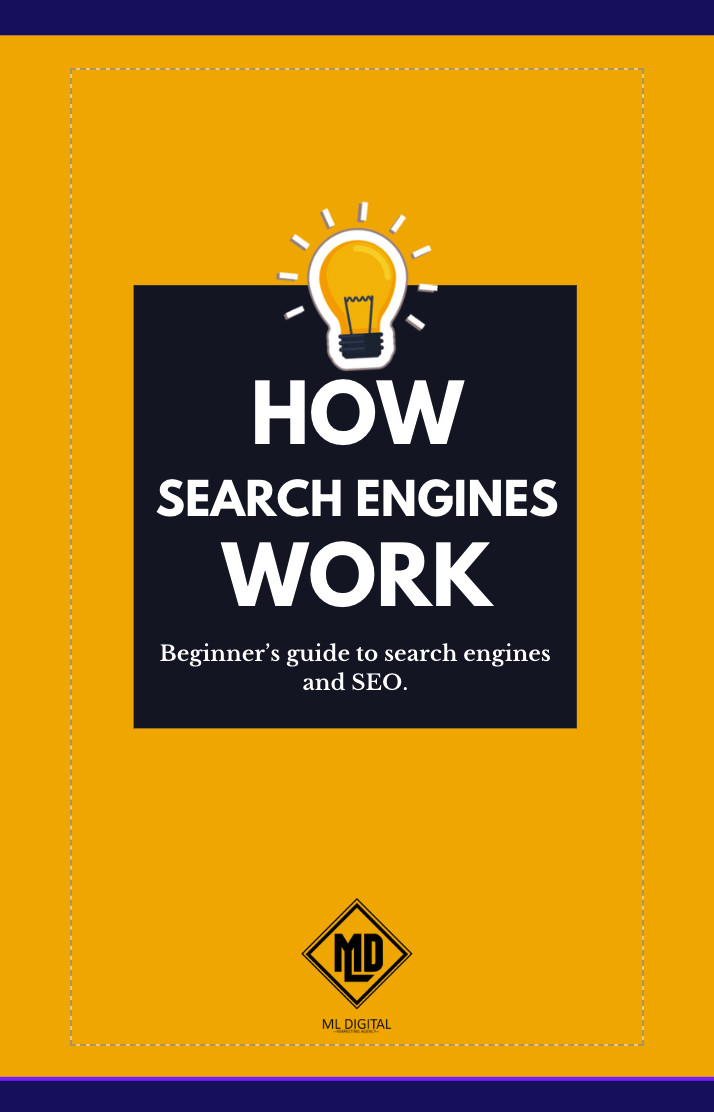How Does a Search Engine Choose the Results You See?
Imagine you’re searching for the best coffee shop in town, and in seconds, Google serves you a list of results that seem magically tailored to your needs. But have you ever wondered how search engines decide which pages deserve to be at the top? It’s not magic—it’s an intricate system driven by SEO algorithms, search engine indexing, and ranking factors.
In this article, we’ll break down the process behind search engine ranking and how you can optimize your website to climb the search results. Buckle up; it’s time to demystify Google’s brain!
Understanding Search Engine Ranking: The Basics
What Happens When You Type a Query?
The moment you type “best coffee shop near me,” Google doesn’t actually search the entire internet—it looks through its own massive database, known as an index. This index is like a giant digital library where web pages are stored and categorized.
Then, Google’s search engine ranking system swings into action, analyzing thousands of SEO factors to determine which results are the best match for your query. Within milliseconds, you get a list of organic search results tailored just for you.
Crawling, Indexing, and Ranking Explained
Understanding how search engines work starts with three essential steps:
- Crawling: Google uses bots (called crawlers) to scan web pages and discover new content.
- Indexing: Once crawled, pages are stored in Google’s database.
- Ranking: When you search, Google retrieves relevant pages and ranks them based on SEO factors.
If a webpage isn’t indexed, it won’t appear in search results. That’s why proper search engine optimization (SEO) is crucial!
Why Some Pages Rank Higher Than Others?
Ever wonder why Wikipedia seems to show up in every Google search? It’s because search engines prioritize pages with strong authority, relevance, and a solid SEO foundation. If your webpage lacks quality content, backlinks, or good user experience, it’s unlikely to rank well.
Key Factors That Influence Search Engine Rankings
Relevance and Keyword Optimization
Search engines analyze how closely a webpage matches a search query. Using relevant keywords naturally in your content—like “Google search results” or “SEO algorithm”—helps Google understand what your page is about. But beware of keyword stuffing! Google isn’t a fan of overused or unnatural placements.
Website Authority and Backlinks
Authority matters. A website with credible backlinks (links from other reputable sites) signals to Google that it’s a trustworthy source. Think of backlinks as digital word-of-mouth—if others vouch for your content, search engines will trust it too.
User Experience and Engagement Metrics
Search engines track how users interact with your site. If people visit but leave quickly, that’s a red flag (hello, high bounce rate!). Engaging content, intuitive navigation, and fast load times keep visitors around, which tells Google, “Hey, this page is valuable!”
Mobile-Friendliness and Page Speed
More than half of web searches happen on mobile devices. If your site isn’t mobile-friendly, you’re losing ranking points. Slow pages? Another SEO killer. Speed up your site with image compression and optimized code to keep both users and Google happy.
How Search Engines Personalize Your Results
Location-Based Search Results
Ever searched for “pizza delivery” and noticed local options pop up? That’s because Google considers your location. Businesses that optimize for local SEO, including Google My Business listings, have a better chance of ranking higher for nearby searches.
Search History and User Behavior
Search engines learn from your behavior. If you frequently click on certain types of content, Google fine-tunes your results based on your preferences. That’s why you and your friend might see different search results for the same query!
AI and Machine Learning in Search Algorithms
Google’s algorithm isn’t static—it evolves. With AI and machine learning, search engines continuously refine how they interpret queries and rank pages. This means businesses must stay updated on SEO trends to remain visible.
How to Optimize Your Website to Rank Higher in Search Results
Best SEO Practices for Better Visibility
If you want your web page ranking to improve, follow these SEO best practices:
- Use relevant keywords naturally.
- Optimize meta descriptions and title tags.
- Ensure mobile responsiveness.
- Improve page load speed.
Importance of Quality Content and On-Page SEO
Content is king! Writing high-quality, informative, and engaging content that answers user queries boosts your search engine optimization efforts. Don’t forget internal linking, proper header usage, and multimedia elements to enhance on-page SEO.
Leveraging Technical SEO for Better Indexing
Technical SEO ensures your site is easily accessible to crawlers. Key aspects include:
- XML sitemaps for better indexing.
- Structured data for enhanced search display.
- Secure HTTPS for trustworthiness.
How Backlinks Impact Your Search Rankings
Quality beats quantity when it comes to backlinks. One link from a high-authority site is worth more than ten from low-quality domains. Focus on guest blogging, influencer collaborations, and producing link-worthy content.
Conclusion: Mastering SEO for Higher Rankings
Now that you know how search engines choose the results you see, it’s time to put this knowledge into action. By focusing on search engine ranking factors like relevance, authority, and user experience, you can boost your visibility and outrank competitors.
Staying ahead of SEO trends is a continuous process, but you don’t have to do it alone. Need expert SEO guidance? Contact us for a free consultation, and let’s get your site to the top of the search results!
FAQs
Do search engines favor newer content over older content?
- Yes, fresh content is often prioritized, but older content with high authority can still rank well.
Can social media activity impact search rankings?
- While social signals don’t directly affect rankings, they can drive traffic and engagement, which helps SEO.
Is it necessary to update website content frequently for better SEO?
- Regular updates help keep content relevant, but quality matters more than frequency.
Does using too many keywords hurt SEO?
- Yes, keyword stuffing can lead to penalties and lower rankings.
How do search engines handle duplicate content across different websites?
- Search engines may filter out duplicate content and rank the most authoritative version.








